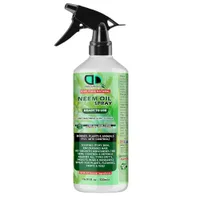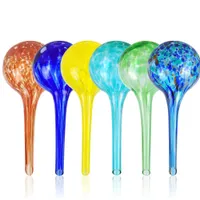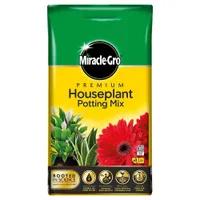7 sustainable houseplant hacks: horticulture experts share tricks they use to help their plants thrive
What's better than being able to take care of your houseplants whilst also taking care of the planet?

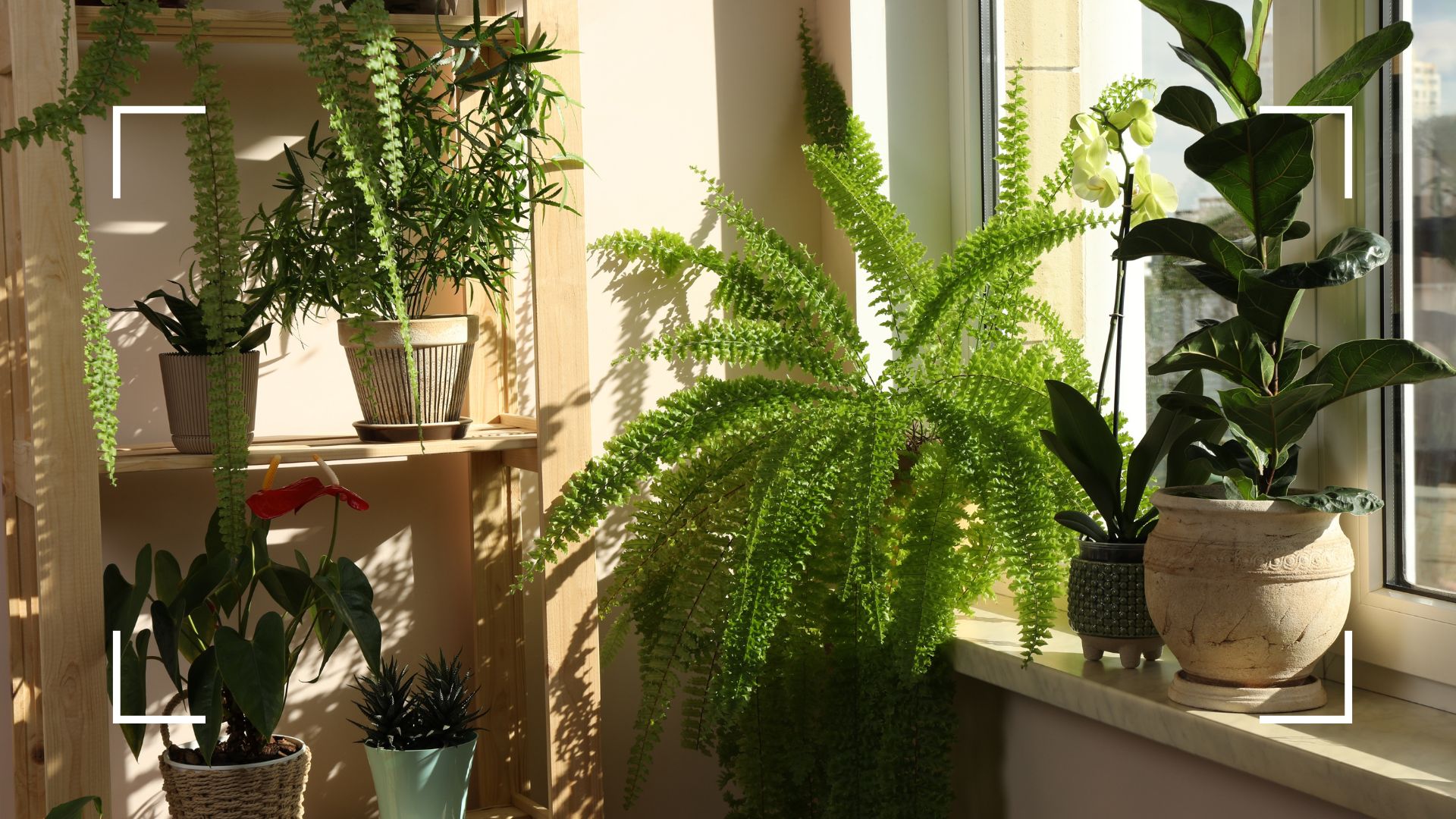
Sign up to our free daily email for the latest royal and entertainment news, interesting opinion, expert advice on styling and beauty trends, and no-nonsense guides to the health and wellness questions you want answered.
You are now subscribed
Your newsletter sign-up was successful
Want to add more newsletters?

Daily (Mon-Sun)
woman&home Daily
Get all the latest beauty, fashion, home, health and wellbeing advice and trends, plus all the latest celebrity news and more.

Monthly
woman&home Royal Report
Get all the latest news from the Palace, including in-depth analysis, the best in royal fashion, and upcoming events from our royal experts.

Monthly
woman&home Book Club
Foster your love of reading with our all-new online book club, filled with editor picks, author insights and much more.

Monthly
woman&home Cosmic Report
Astrologer Kirsty Gallagher explores key astrological transits and themes, meditations, practices and crystals to help navigate the weeks ahead.
Becoming a plant parent can be surprisingly challenging, especially considering all the tools and knowledge you need to care for them. However, our experts are here to share their low-waste, low-cost, sustainable tricks for keeping your plants happy.
Mastering how to care for indoor plants is rewarding, especially when tending to the hardest houseplants to keep alive. Using low-cost and low-waste methods, like our favourite sustainable garden hacks, can make the process even more rewarding.
If you're keen to level up your houseplant care and keep things eco-friendly, our team of trusted experts share their inventive tips to help.
Sustainable houseplant hacks: 7 expert-approved ideas
From the plants that help with condensation to the best houseplants for a bedroom to help you sleep, filling your home with houseplants can be beneficial for several reasons.
That's why knowing the most efficient and sustainable ways to take care of them is important, you'll want them to stick around for as long as possible.
1. Create your own organic fertiliser
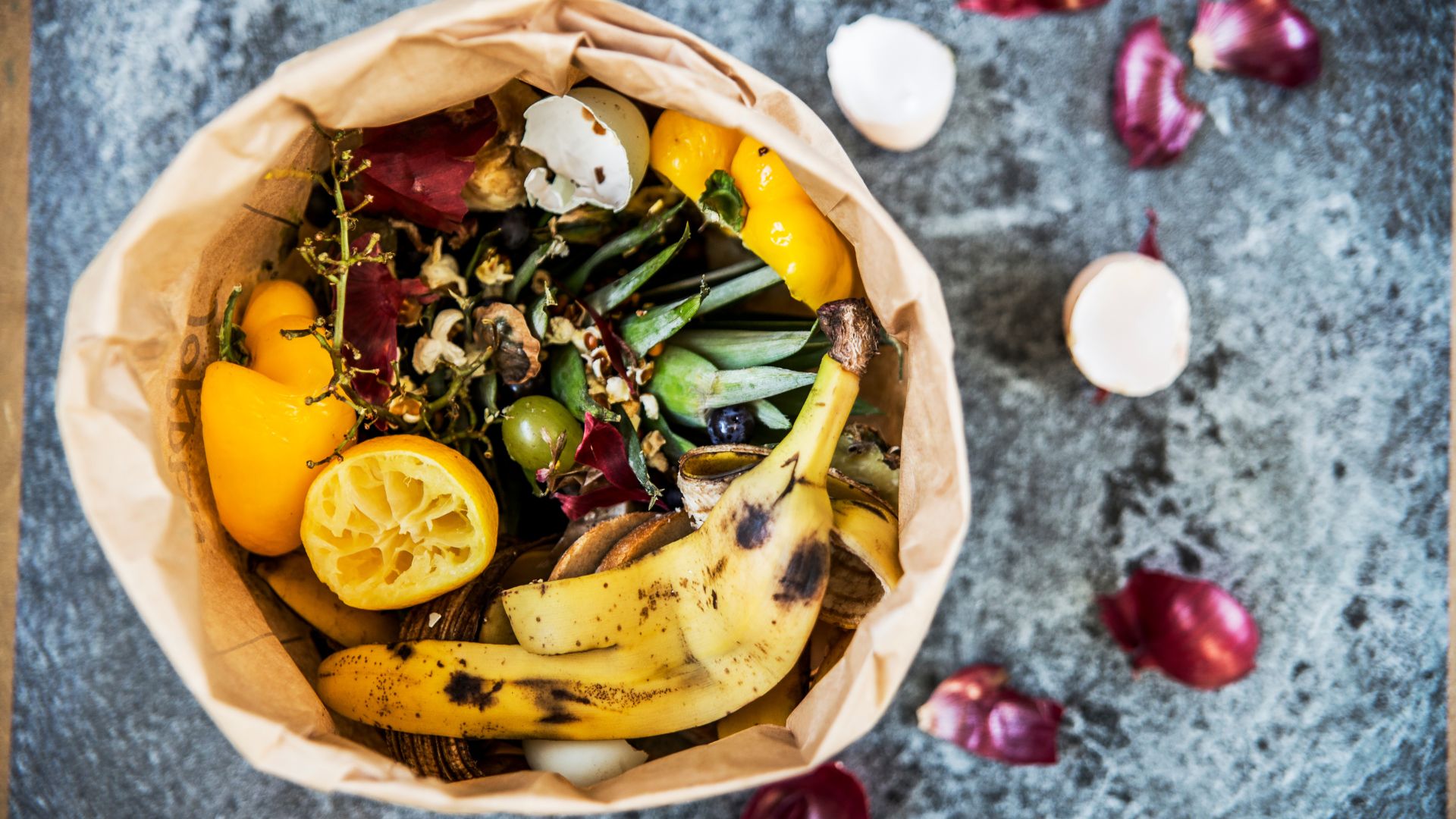
You might already know how to make your own compost for your garden or vegetable patch, but what you may not know is how nutritious this can be for your houseplants too.
Jane Dobbs, lead gardener at Allan's Gardeners says, "Use kitchen scraps like eggshells, coffee grounds, and vegetable peels to make nutrient-dense compost. Your plants will benefit from this if you use it to enhance soil quality and promote natural growth."
Sign up to our free daily email for the latest royal and entertainment news, interesting opinion, expert advice on styling and beauty trends, and no-nonsense guides to the health and wellness questions you want answered.

Gardening is Jane's passion, having built and maintained stunning outdoor spaces for over a decade. Taking care of all the garden projects at Allans' Gardeners is her responsibility as lead gardener. A wide range of horticultural practices come into play in Jane's work, from landscape design to plant and lawn care.
2. Add Organic mulch to plants
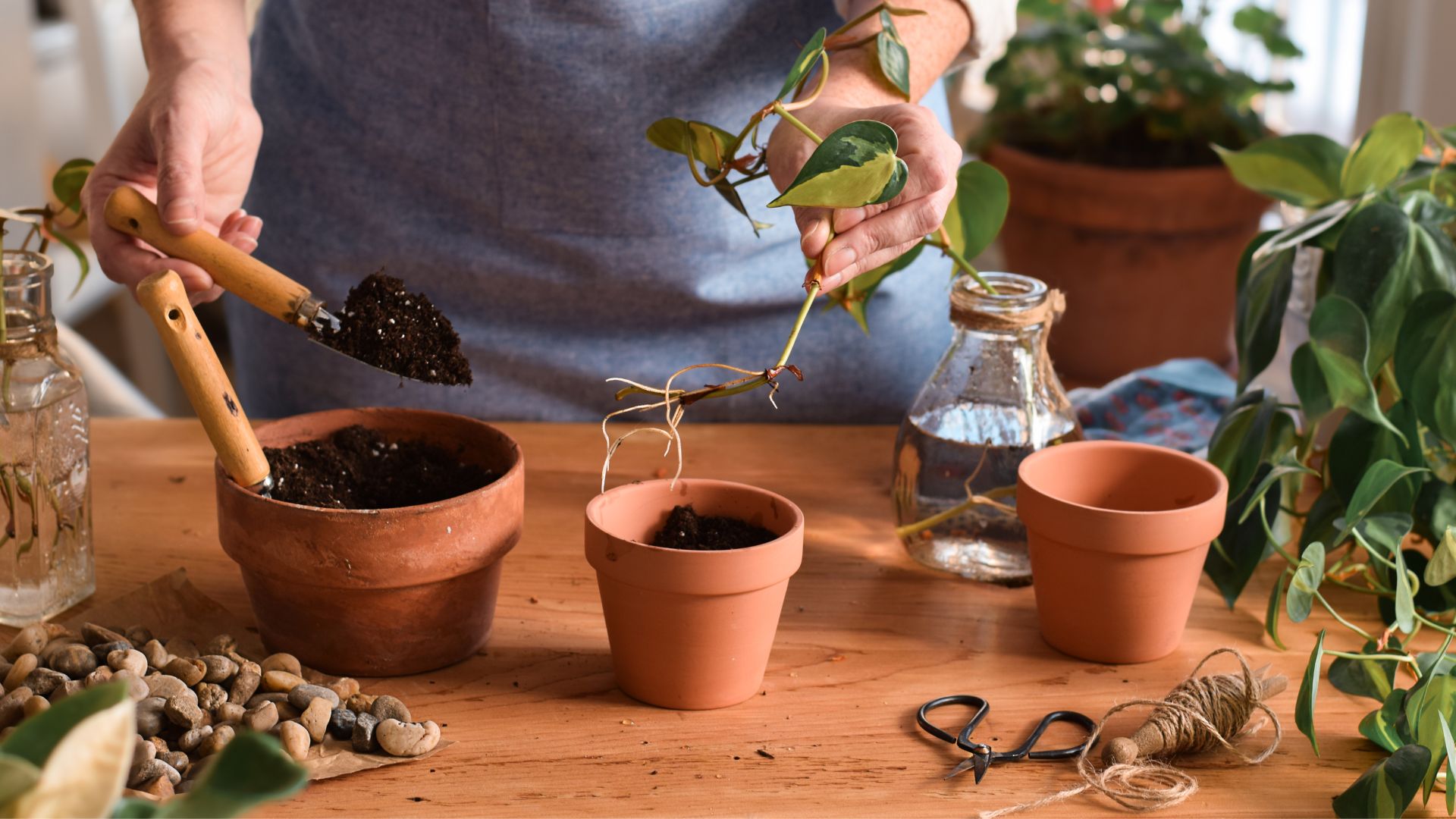
When sorting the garden out there's a lot of organic waste you might usually dispose of that can be used to help your houseplants.
Jane says, "Organic mulch will help retain moisture in the soil of your houseplants. To improve the soil, mulch it with organic matter like straw, leaves, or wood chips. Decomposing mulch reduces water evaporation and enriches soil helping your plants grow more."
3. Homemade Chemical-free pest control
Pests can be a bigger problem when looking after houseplants than you might expect, which is why it's good to have a solution on hand at all times. Especially when you're worried about looking after your plants whilst you're on holiday.
"You can deal with pests without chemicals. You can create an eco-friendly pesticide by mixing garlic, neem oil, or soap with water," explains Jane.
She advises you spray this solution on all your houseplants to keep them pest-free whilst being environmentally friendly and not at all harmful to your plant or house pets.
DD Organic Neem Oil: £12.49 at Amazon
If you want to make sure no pests are reaping the rewards of your green thumb then applying this neem oil to the soil and stems is a great deterrent. It's all-natural and can be a good quick alternative to a homemade solution.
4. Swap fertiliser for fresh soil
If you've surrounded yourself with some of the easiest houseplants to keep alive chances are you won't need to do much to provide additional nutrition. Some plants won't need fertiliser at all but you can offer them a little help in other ways.
"For low-maintenance plants, you can consider leaving out fertiliser entirely, and instead, add fresh soil to the top of pots when the levels naturally drop from soil compacting or escaping through drainage holes," explains Graham Smith MCIHort, a gardening expert from LBS Horticulture.
When it comes to repotting your plants this is also a good time to give them a refresh with some new houseplant soil.

Graham has extensive knowledge in the horticultural and gardening industries, and prides himself on using this to help gardeners of all skills create their perfect outdoor space.
5. Collect rainwater
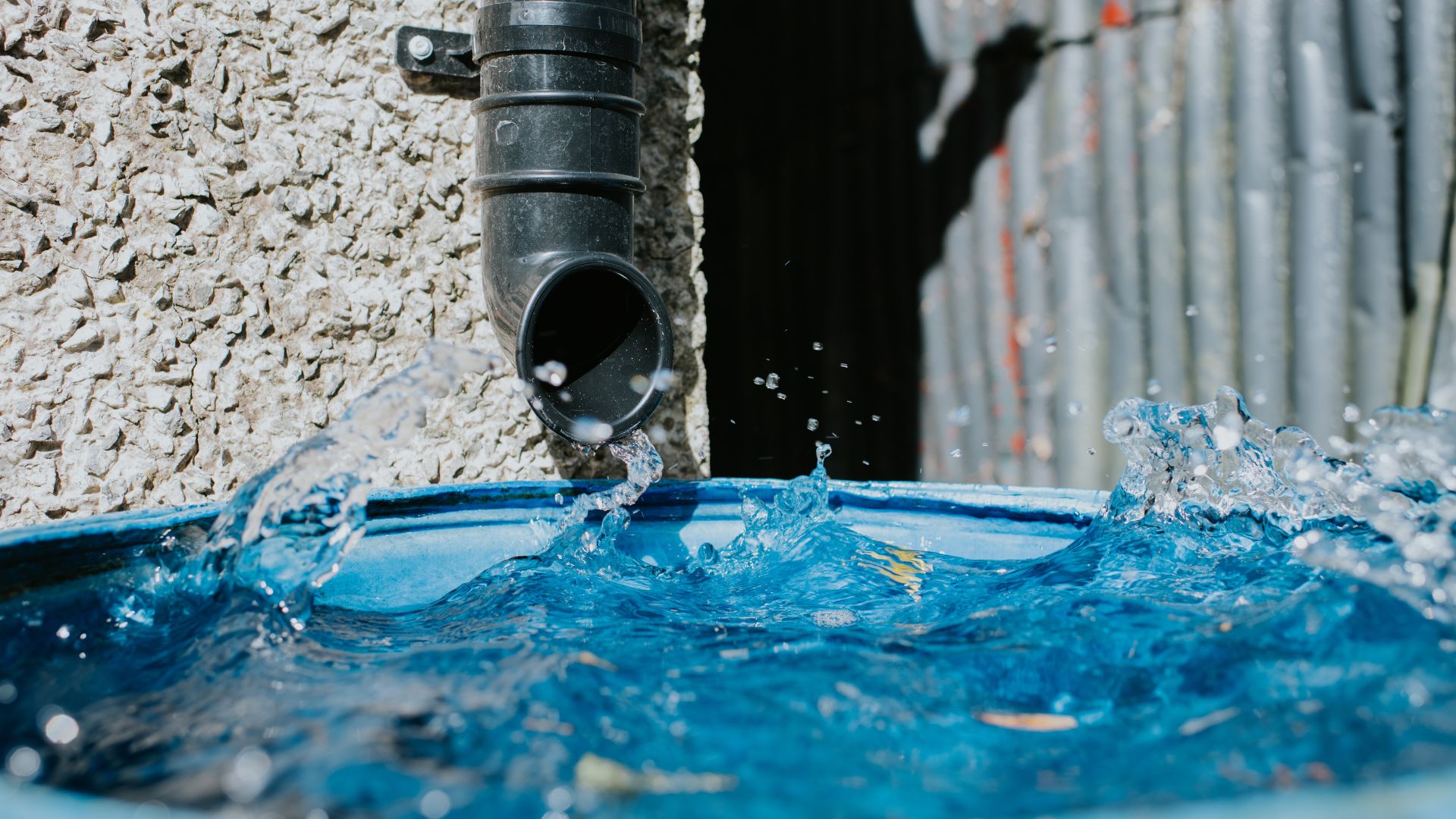
Rainwater harvesting is one of the best ways of being eco-friendly all whilst providing your plants with the best nutrients.
"Collect rainwater in containers and use this to water your plants instead of tap water from your home. Plants often prefer rainwater as it can contain more oxygen than tap water, and it does not contain the treatments used to make tap water drinkable," advises Graham.
You can make this collection process easier by using rainscaping techniques in your garden, this will not only provide you with heaps of fresh water but also keep your garden watered automatically. Experts say pasta water can be good for plants, in certain cases.
AMFUN Plant Watering Globes Stakes, £16.99 for 6 at Amazon
These attractive hand-blown colourful glass watering devices are an easy way to employ a self-watering feeding system for your indoor potted plants. You can easily pour your collected rainwater into these.
6. Avoid soil mixes with peat
Not knowing your soil type is an all-too-common houseplant mistake, one to avoid. It's not just the hardest houseplants to keep alive that are sensitive to certain soil mixes. Some ingredients in houseplant soil don't necessarily need to be there, especially if you're prioritising sustainability.
"When buying potting soil for your houseplants, avoid buying mixes that contain peat," Graham advises. "Peat is often used to help the soil retain moisture, but the harvesting of peat contributes to the destruction of peatlands that can catch carbon in the atmosphere."
Instead of peat mixes, opt for soils containing moisture-retaining alternatives like coconut coir.
Miracle-Gro Premium Houseplant Potting Mix: £7.73 at Amazon
This soil is perfect for supplying your houseplants with all the right nutrients. A houseplant compost like this one gives your plant enough food for three months and it's built to encourage root growth and balance air in the soil.
7. Recycled propogation
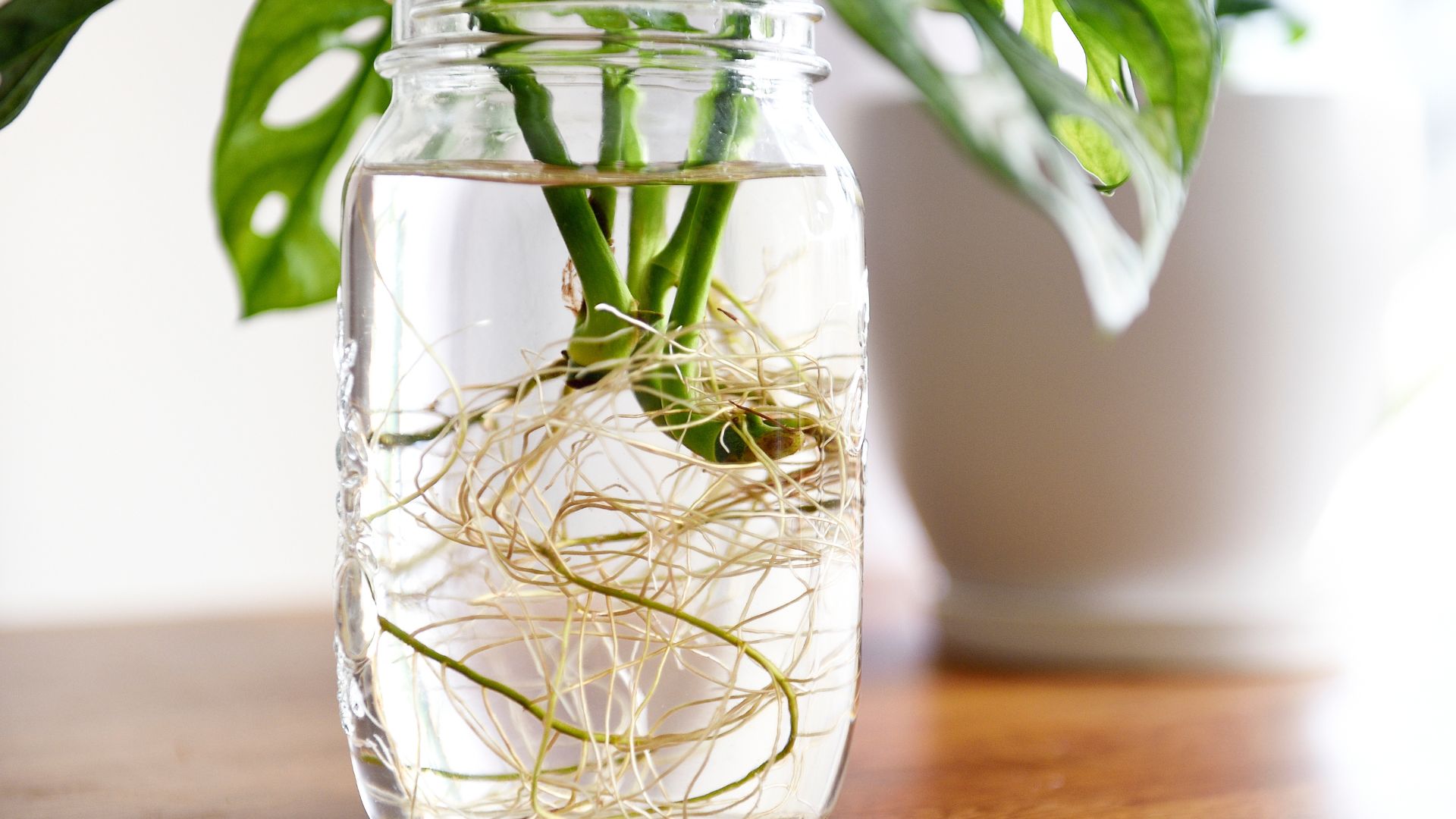
If you know how to take a plant cutting then the chances are you're a master at propogation but there are ways to do it more sustainably.
"If you are propagating plants, use leftover plastic bottles or jugs to place over plants to help retain heat and humidity without needing to buy new plastic," recommends Graham.
The best thing is that you can clean out the bottles and jugs after each time to keep reusing them. You can also recycle glass jars from sauces for this, they'll last a lot longer but the plastic works just as well.
Household waste houseplant hacks
Some of the everyday food that gives us nutrients is unsurprisingly good for our plants too, both indoors and out.
- Coffee grounds aren't just useful in the garden, they can also benefit your indoor plants. Graham explains, "The coffee grounds contain antioxidants, potassium, phosphor and nitrogen, but ensure that the grounds are fully dry before use to prevent fungus growth."
- In the same way, coffee grounds can be used, tea leaves are also beneficial to plants in many ways. Jane points out that the teabag will have to be biodegradable or simply emptied from the bag before being mixed into soil.
- Bananas are another everyday food that plants can take lots of nutrients. "Banana peel can be added to the compost of your plants, as the peel will give them extra potassium as it breaks down," explains Graham. However, you may want to make banana tea indoors instead to ward off fruit flies and gnats.
- Finally, if you have a fireplace in your home, ash can be useful in your garden and for your houseplant's health. Graham says the ash contains calcium, phosphorus and potassium all of which are great for plants that prefer alkaline soil.
Looking after your houseplants isn't just a matter of perfecting the watering routine for each species, it's also key to know what they need and when. After all your winter houseplant care should be different from your summer one.

Emily joined woman&home as a staff writer after finishing her MA in Magazine Journalism from City University in 2023. After writing various health and news content, she now specialises in lifestyle, covering unique cleaning hacks, gardening how-tos, and everything to help your houseplants thrive.
